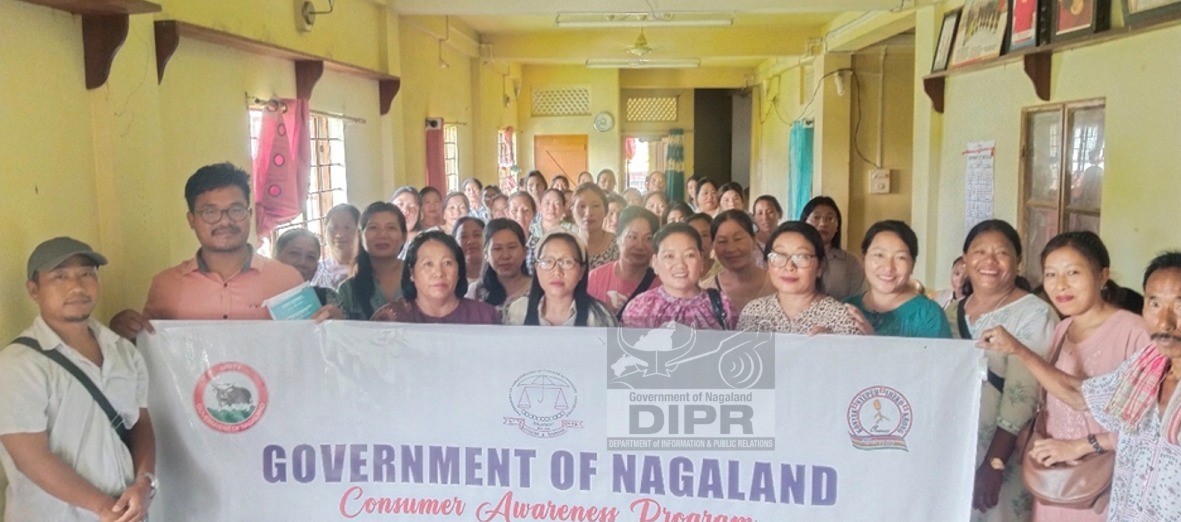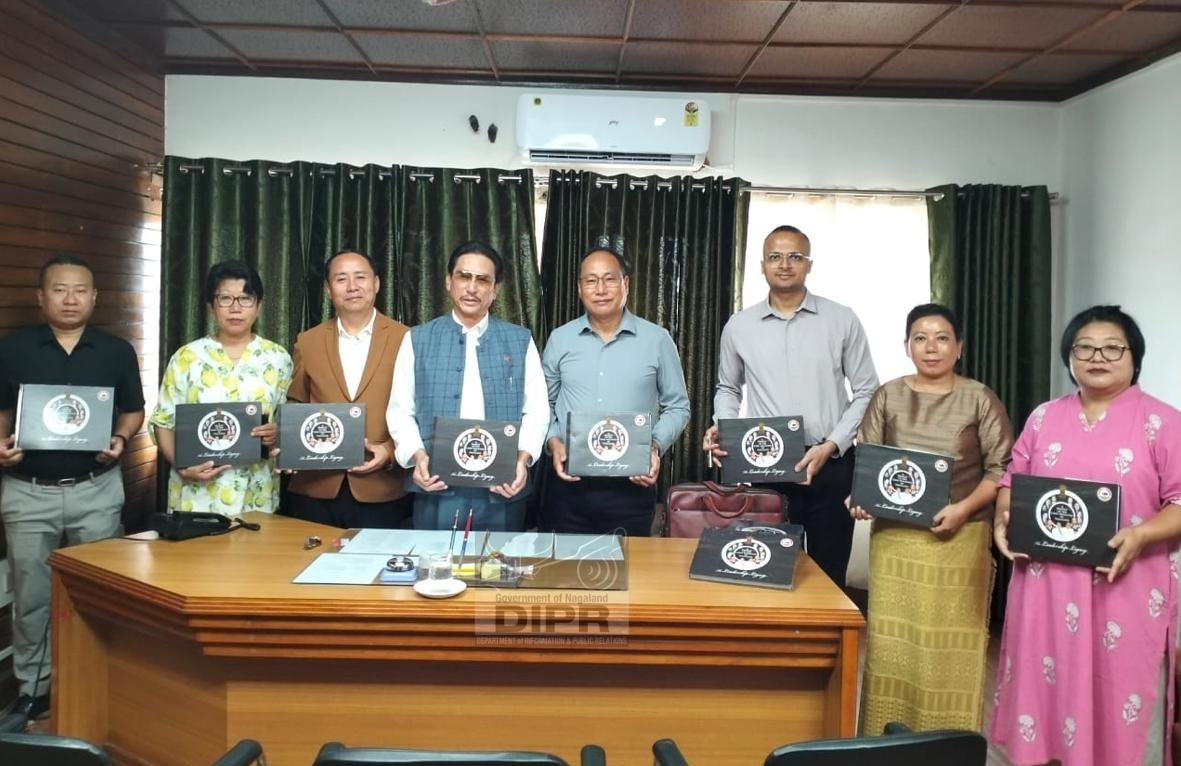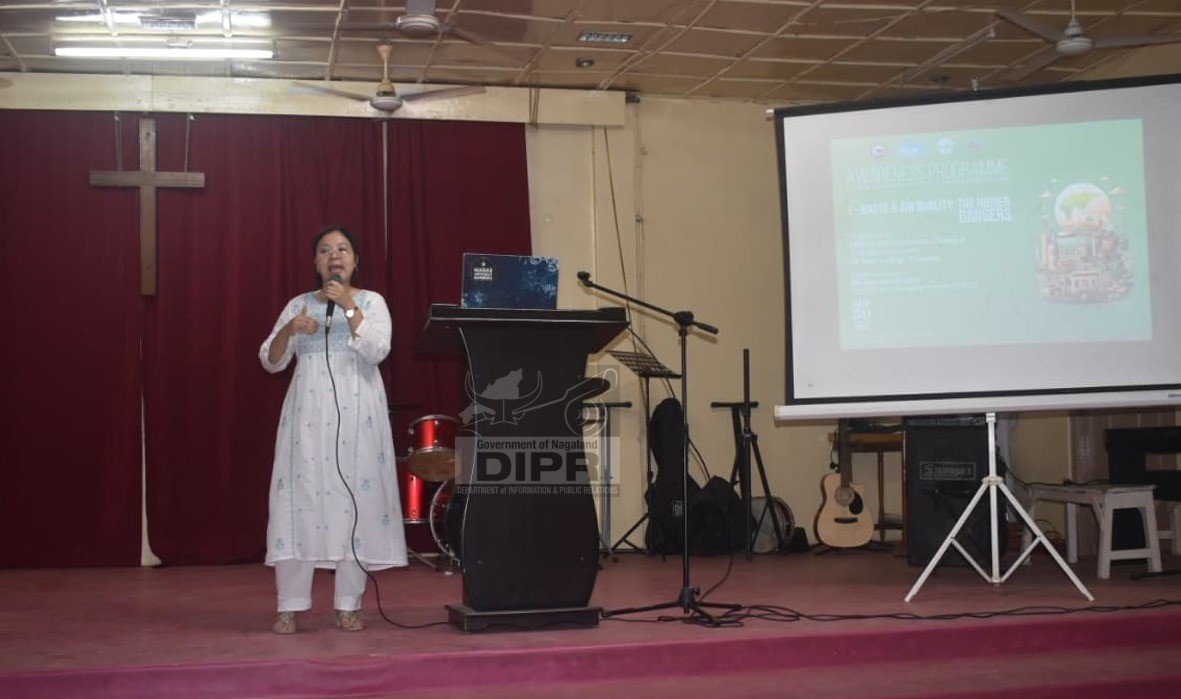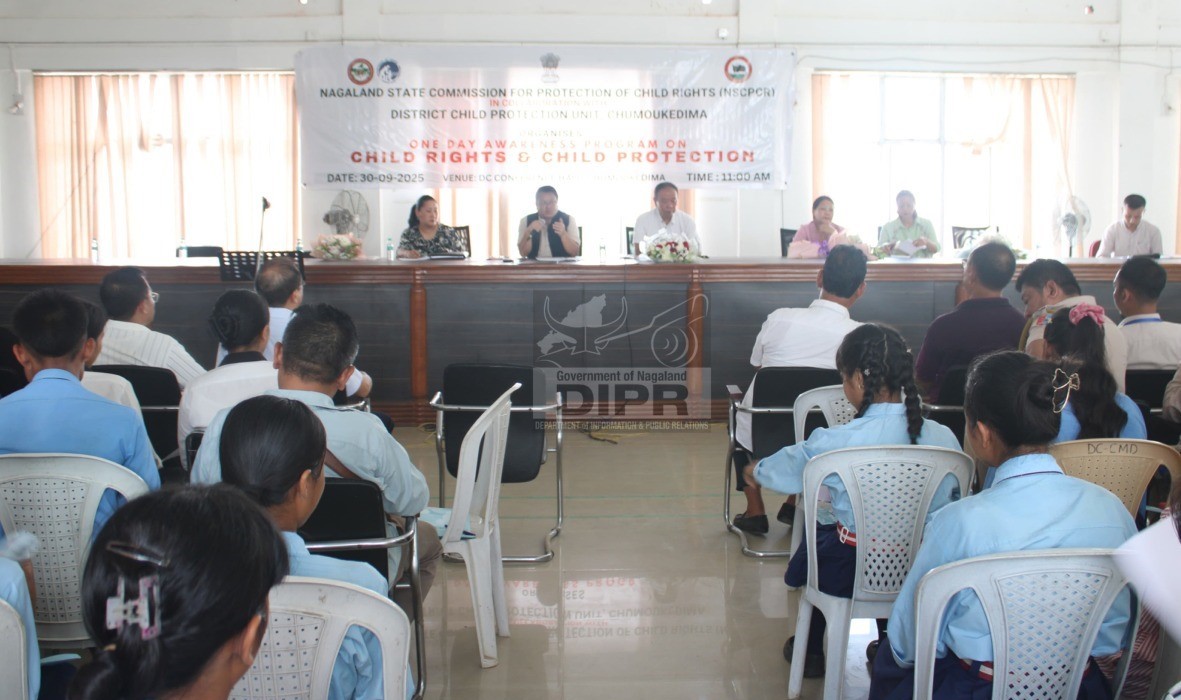A Sensitisation Programme on Employees Provident Fund (EPF) & Employees State Insurance (ESI) was held at the Conference Hall of Labour Commissoner's Office, Kohima on 7th July 2023.
Commissioner & Secretary, Labour & Employment, Sushil Kumar Patel, IAS mentioned that EPF is one of the largest security schemes in the country and most of the people in Nagaland are unaware of it so sensitization on EPF and ESI is necessary to ensure that both employers and employees are aware of their rights, obligations, and benefits under these social security schemes.
The Commissioner also said that the employers need to understand their legal obligations related to EPF and ESI contributions and provide the necessary infrastructure and systems to comply with the requirements. Sensitization can help them understand the legal provisions, deadlines, and procedures involved, which will reduce the likelihood of non-compliance and potential legal issues. He also said that sensitization on EPF and ESI is critical to ensure that all stakeholders involved, including employers and employees, have a clear understanding of these social security schemes. He said by increasing awareness, promoting compliance, and enhancing the well-being of employees, sensitization programs can contribute to a fair, equitable, and secure working environment.
Resource person Rohit Singh, Regional PF Commissioner, Nagaland mentioned that Employees Provident Fund (EPF) and Employees State Insurance (ESI) are social security schemes provided by the government of India to protect the financial interests of employees.
While describing the EPF scheme, he said that it was established under the Employees' Provident Fund and Miscellaneous Provisions Act, 1952, and is a mandatory retirement savings scheme applicable to employees in organizations with 20 or more employees. Both the employer and the employee contribute 12% of the employee's basic salary plus dearness allowance to the EPF account. The contributions are invested in government-backed securities and earn a fixed interest rate. This fund serves as a retirement corpus for employees, which they can withdraw upon retirement, resignation, or termination.
The EPF also provides other benefits, such as a pension scheme called the Employees' Pension Scheme (EPS) and a life insurance scheme named the Employees' Deposit Linked Insurance Scheme (EDLI). The EPS provides a pension to members who have completed 10 years of service, while the EDLI offers life insurance coverage to EPF members.
On the other hand, Singh further said that the ESI is a health insurance scheme introduced under the Employees' State Insurance Act, 1948 which applies to organizations with 10 or more employees in areas specified by the government. Both the employer and employee contribute a percentage of the employee's salary towards the ESI. Singh further mentioned that the ESI provides medical benefits, including outpatient and inpatient treatments, maternity benefits, disability benefits, and dependents' benefits to insured employees and their family members.
Singh stressed that the main objective of both EPF and ESI is to provide social security and financial assistance to employees during retirement, unemployment, sickness, disability, and other contingencies. These schemes ensure that employees have a safety net to fall back on for their financial and medical needs.
Regional Director, ESIC, NER Guwahati, Robert L. Guite spoke on Employee State Insurance in the second session. Deputy Labour Commissioner, T. Chubayanger chaired the program and Labour Commissioner, S. L. Wati Aier gave a short welcome note.
(Takumpula IA)





